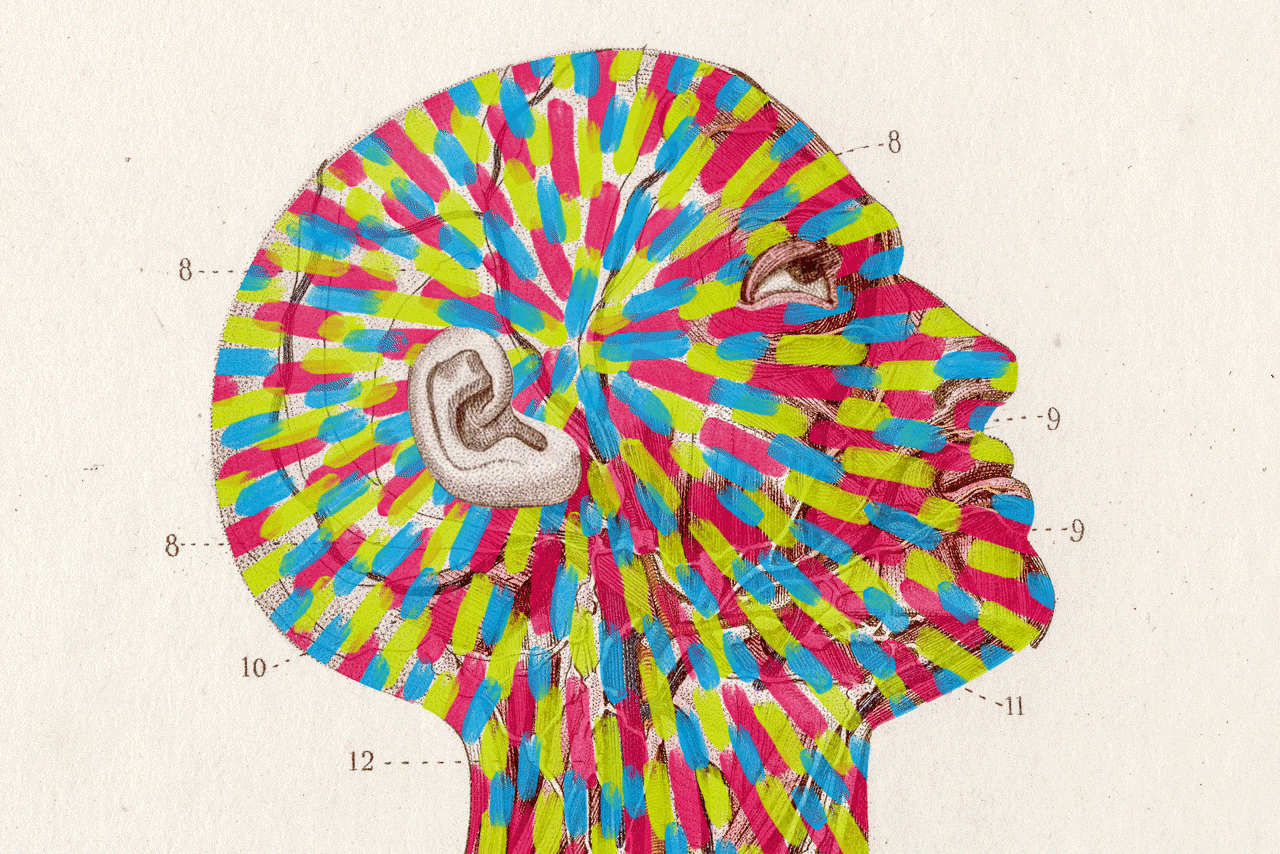Misuse of Pain Drug Linked to Hearing Loss
A powerful and potentially addictive painkiller used by millions of Americans is causing rapid hearing loss, even deafness, in some patients who are misusing the drug, according to hearing researchers in Los Angeles and elsewhere.
So far, at least 48 patients have been identified by doctors at the House Ear Institute in Los Angeles and several other medical centers who have treated patients with sudden hearing loss. The hearing problems appear to be limited to people who abuse Vicodin and other chemically comparable prescription drugs by taking exceptionally high dosages for several months or more, doctors said.
Vicodin, one of the most commonly prescribed painkillers, is frequently used improperly.
âThis has become such a popular drug of abuse,â says Dr. John W. House, president of the House Institute in Los Angeles, one of the nationâs leading centers of hearing-related research.
Actress Melanie Griffith and Cindy McCain, wife of U.S. Sen John McCain, have acknowledged their struggle to overcome their addiction to Vicodin, which they both were prescribed for severe back pain.
But itâs not just notables who are getting hooked.
Christina Jaeger of Sherman Oaks was prescribed Vicodin in 1993 after a back injury. Gradually, she got addicted. She would wean herself off Vicodin for brief periods, only to relapse when doctors continued to prescribe the drug for her recurring pain.
Then, earlier this year, the 36-year-old model and fitness trainer suddenly began to lose her hearing. When her doctors couldnât explain what was happening, she went to the House Institute, where specialists concluded that Vicodin was to blame. Jaeger immediately entered a treatment program to kick her Vicodin habit. But it was too late. By the time she completed the program, she was deaf.
âIf I had only known, I would have tried anything to stop,â Jaeger said. âThe lack of information is what Iâm most furious about. That, and the proclivity of doctors to write prescriptions for Vicodin like itâs candy.â
Some experts believe that doctorsâ willingness to liberally prescribe potent narcotic painkillers may be contributing to the rise in abuse.
A government survey found that more than 1.6 million Americans began using painkillers like Vicodin in 1998 for nonmedical reasons, up from fewer than 500,000 in 1990. A new U.S. survey on drug use due out in a few weeks will likely find âan upswingâ in improper use of prescription pain drugs, said Frank J. Vocci, director of treatment research and development at the National Institute on Drug Abuse.
Vicodin, a synthetic opiate that is a chemical cousin of heroin and morphine, has long been known to doctors as a potentially addictive medication. âAs soon as Vicodin hit the market, there was a steady stream of addicts,â said Dr. Drew Pinsky, medical director for the chemical dependency program at Las Encinas Hospital in Pasadena. âItâs such a huge problem already that I donât know how much bigger it could be.â
Researchers at the House Institute were among the first to connect Vicodin use with sudden hearing loss. They now have identified 29 people who heavily abused the painkiller and who subsequently suffered a sudden hearing loss; 16 of those were diagnosed in the last two years. UCLA scientists said they have seen an additional 14 patients with opiate-inducing hearing loss, mostly from overuse of Vicodin, and other ear experts around the country report seeing at least five more of these cases.
Dr. Richard Wiet, a professor of otology at Northwestern University, said he began noticing cases of hearing loss tied to Vicodin use after learning of the findings of House Institute researchers. âThen I started watching for it and found two patients. Thereâs definitely something to this.â
But researchers at a dozen other medical institutions said in interviews that they were unaware of similar cases. âItâs an interesting observation, but thereâs really no way to prove as yet that Vicodin caused this problem,â said Dr. Steven D. Rauch, an associate professor of otolaryngology at Harvard Medical School in Cambridge, Mass.
Doctors at the House Institute reported the hearing loss incidents to the Food and Drug Administration in 1999, and then again last month. Last year, Knoll Pharmaceutical Co., the firm that makes Vicodin, added a warning about the potential for hearing loss to the drugâs label. But the label change appears to have gone largely unnoticed, even among some top hearing specialists. Knoll is now owned by Abbott Laboratories.
Susan Cruzan, an FDA spokeswoman in Rockville, Md., said the agency worked with the manufacturer on the wording of the label. No further action is planned, Cruzan said, because the FDA considers the hearing loss problem to be âa very rare side effect that is associated with using the drug in an inappropriate manner.â
The 48 cases identified so far may seem small considering that 36 million prescriptions for Vicodin-type products were written in 2000, according to IMS Health, a health information company in Westport, Conn. (Vicodin is a combination of acetaminophen and hydrocodone and is also sold under the brand names Lorcet, Lortab and Hydrocet.)
But the hearing loss problem may be âmuch more prevalent than we think,â said Dr. Akira Ishiyama, an assistant professor of otolaryngology at UCLA Medical School who has treated nearly a dozen cases. Some doctors, he said, may not have drawn a connection between Vicodin use and sudden hearing loss in patients because they âhavenât been looking for it.â
When doctors see isolated cases of sudden hearing loss, they may believe itâs just a chance occurrence. At the same time, patients may not realize--or admit--their addiction to painkillers. Vicodin is typically prescribed for short-term use of two to three weeks at most, with patients taking one pill every six hours. But many of the patients who have suffered hearing loss were taking 20 pills or more a day for at least two months, doctors said.
âThis seems to be a relatively new phenomenon,â House said. âBecause we see thousands of hearing impaired patients a year, we can spot trends faster than the average ear, nose and throat doctor.â The House Institute pioneered the development of cochlear implants, which are tiny electronic devices that aid in processing sounds for people who are deaf. Consequently, the research center sees a high number of people with sudden hearing loss.
House Institute researchers believe they saw their first patient with Vicodin-induced hearing loss in 1993, although they didnât realize then what caused the patientâs condition. Until then, there had been no reports linking hearing deficits to this painkiller, which has been on the market since 1982.
Generally, if an adult with normal hearing experiences a sudden and rapidly progressing hearing loss, the cause is either certain medications, like antibiotics or diuretics, or the onset of an autoimmune disease. Usually, when a patient stops taking the antibiotics or diuretics, his or her hearing returns. Similarly, people stricken with autoimmune-related hearing loss respond to treatment with steroids.
That first patient at the House Institute, however, didnât fit the usual pattern. He wasnât taking antibiotics or diuretics, nor was he suffering from an autoimmune disorder. He ran a successful construction company in the west San Fernando Valley, owned a home and had a wife and kids--but also a secret vice: Vicodin.
He initially began taking the painkiller after two knee surgeries. He developed a tolerance and the drug lost its effect. Soon he was taking 20 to 30 pills a day. âI didnât even realize I was addicted,â he said. âAfter all, this was a prescription drug. It took the pain away, and I functioned normally.â
His life changed, however, in November 1993, when he started experiencing ringing in his ears. Then sounds became muffled, first in one ear, then the other, like an electrical short circuit in an amplifier. Alarmed, he went to see his doctor, who referred him to the House Institute. Doctors prescribed steroids, but the drugs didnât help. Four weeks after his first symptoms, he was completely deaf.
The construction manager blames his addiction and deafness for the loss of his business and the demise of his marriage. âI lost everything,â he said. âAll because of a stinking little pill.â
Soon, other patients with the same symptoms began showing up at the House Institute. All admitted abusing drugs containing the hydrocodone-acetaminophen mix. Researchers began tracking these cases and, in April 1999--after identifying 13 patients--shared their findings with hearing specialists at a professional meeting in Palm Springs. At the time, House scientists considered the handful of cases an anomaly. Soon, however, 16 more people showed up with the same problem.
Hearing researchers are still trying to find out how these painkillers cause deafness. They know the delicate hair cells inside the inner ear are permanently damaged in people with opiate-induced hearing loss. These hair cells are like tiny microphones, picking up sound vibrations and transforming them into nerve impulses that are transmitted to the brain. Once theyâre destroyed, people lose the ability to sense sounds.
Researchers also suspect that the inner ear contains opioid receptors, or nerve endings that are highly sensitive to stimulation by drugs like morphine, heroin or hydrocodone. They believe that there is a connection between these two phenomena. âBut weâre still unclear as to the exact mechanism of damage,â said Dr. Robert W. Baloh, a professor of neurology and head and neck surgery at UCLA Medical School.
Itâs unclear whether the damage can be reversed once patients start experiencing symptoms. âSome patients have retained some hearing if they stop using the painkillers immediately,â House said. âBut for most, the damage is already done. Once the process starts, it seems irreversible.â
More to Read
Sign up for Essential California
The most important California stories and recommendations in your inbox every morning.
You may occasionally receive promotional content from the Los Angeles Times.









